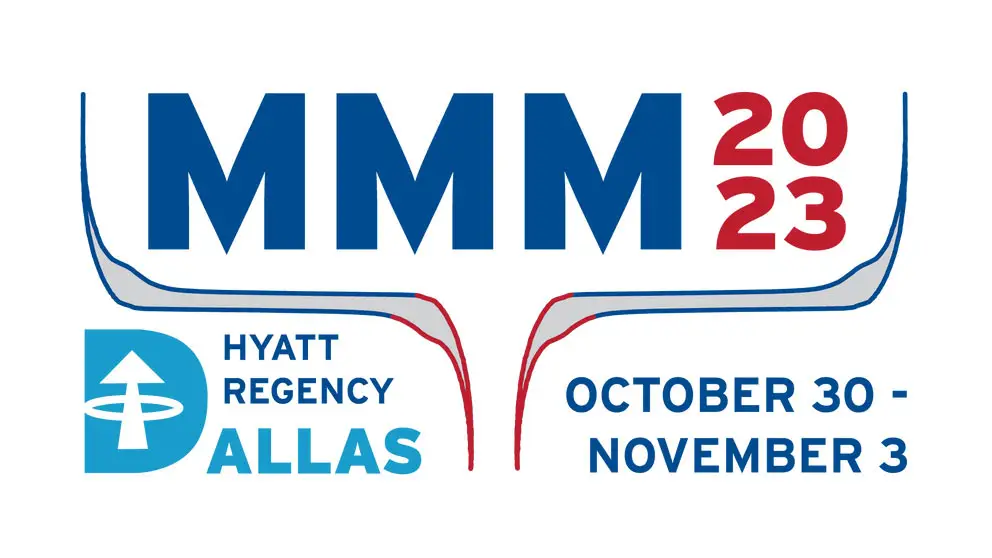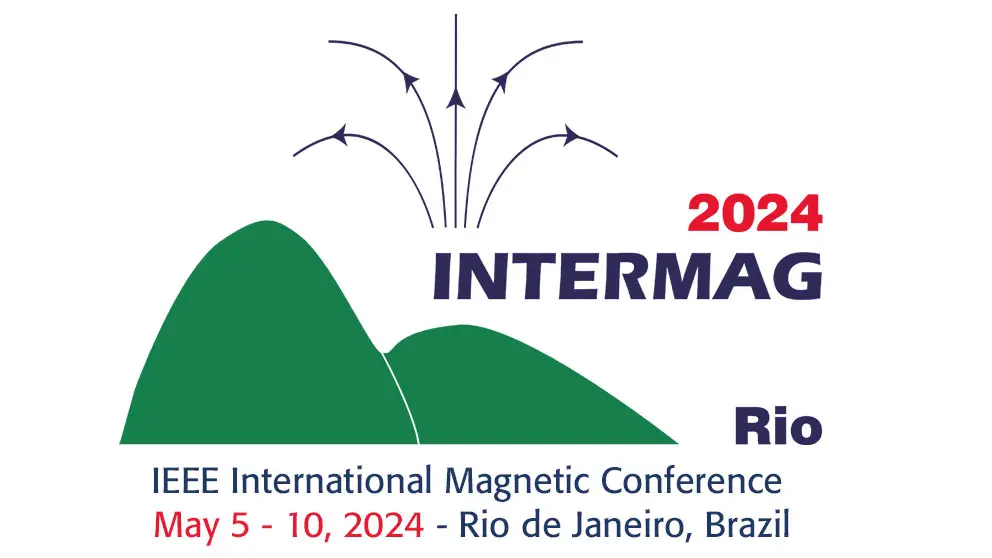CQ-05: Simulating interactions between antiferromagnetic NiO and circularly polarized THz light
T. Jeffrey, B. Jungfleisch, J. Sklenar
Poster In-Person
03 Nov 2023
In the field of antiferromagnetic spintronics, studying the behaviors exhibited by antiferromagnets in the presence of external fields is key to understanding the dynamics of antiferromagnetic materials. For many of these materials, antiferromagnetic resonance frequencies occur in the THz range in comparison to the GHz range for ferromagnetic resonance. NiO is an antiferromagnetic material of interest due to its resonance frequency near 1 THz [1,2]. Using frequency-domain THz spectroscopy, we have measured the antiferromagnetic resonance of three different orientations of monocrystalline NiO (111), (110), and (100). All three orientations show an absorption peak near 1 THz, however the amplitude of the (110) absorption peak suggests that this orientation couples more strongly to the circularly polarized THz wave. To investigate the origin of the enhanced absorption in the (110) sample we perform simulations for each orientation. The magnetization of the NiO is represented using two layers with an antiferromagnetic interlayer coupling. Because the moments of the NiO lie within the (111) planes, the circularly polarized THz field must be oriented so that it is oblique to the plane where the moments lie. For example, the (110) sample sees the THz field interacting with the planes of magnetization at an angle of 35.26 degrees, as this is the angle between the (111) and (110) planes. Using our experimental data as a consistency check, the goal of these simulations is to create a guide so that we can optimize how to excite magnetization dynamics in an easy-plane antiferromagnet using circularly polarized THz light.References: [1] Moriyama, Takahiro, et al. Physical Review Materials 3.5 (2019): 051402. [2] Moriyama, Takahiro, et al. Physical Review Materials 7.5 (2023): 054401.


